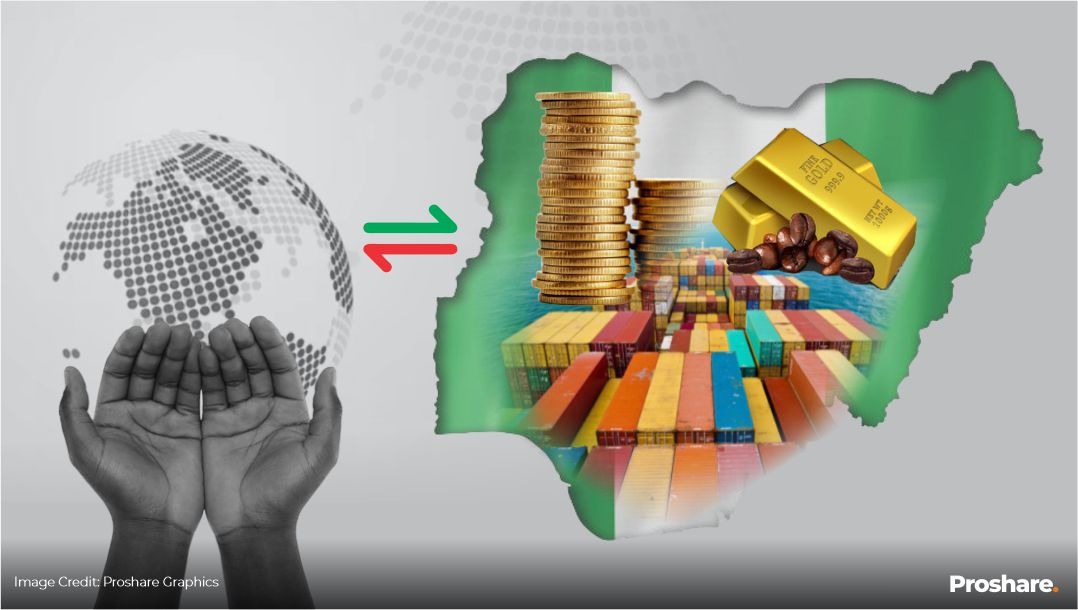Nigeria is facing one of the most challenging economic periods in its recent history. With inflation surging, the naira weakening, and foreign investment declining, there is an urgent need for bold reforms to stimulate productivity, attract capital, and unlock sustainable growth. One of the most effective steps the government can take is to ease trade restrictions, a long overdue policy shift that could re-energise the economy and expand Nigeria’s place in global markets.
Trade restrictions, often implemented in the name of protecting local industries, have historically served as double-edged swords. While they may offer short-term relief to certain sectors, their long-term effects are frequently counterproductive, leading to reduced competition, higher consumer prices, and stifled innovation. In Nigeria’s case, these restrictions have also created fertile ground for smuggling, black-market trade, and corruption at the country’s borders.
The closure of land borders in 2019 is a prime example. While it was intended to curb illegal rice importation and boost local agriculture, the broader outcome included severe disruptions to small and medium enterprises (SMEs), inflation of staple food prices, and diplomatic tensions with neighbouring countries. For many businesses that rely on cross-border trade, the closures were a major setback and recovery has been slow, even after partial re-openings.
In a global economy where trade partnerships are increasingly crucial, Nigeria cannot afford to isolate itself. The country must position itself as a competitive, open economy, one that welcomes investment, encourages exports, and ensures that businesses can access affordable inputs, machinery, and technologies from international markets.
Easing trade restrictions would benefit the Nigerian economy in multiple ways, including, lowering the cost of doing business by improving access to raw materials and equipment; enhancing consumer welfare by reducing the price of imported goods and increasing variety; boosting regional integration under frameworks like the African Continental Free Trade Area (AfCFTA); encouraging industrialisation through import of necessary capital goods and export of finished products, and attracting foreign direct investment (FDI) by creating a more predictable, market-friendly environment.
None of this means abandoning local industries. On the contrary, a smarter trade policy would support domestic production through incentives and capacity building, not blanket bans and punitive tariffs. Protecting nascent industries must go hand in hand with measures that promote efficiency, competitiveness, and access to global value chains.
Moreover, easing trade restrictions must be complemented by reforms in port efficiency, customs modernisation, infrastructure development, and anti-corruption enforcement. If these bottlenecks remain, the benefits of liberalised trade will be severely diluted.
In today’s interconnected world, no nation thrives in economic isolation. The lesson from fast-growing economies around the world—from Vietnam to Rwanda—is clear: openness to trade fuels innovation, productivity, and prosperity.
As Nigeria grapples with economic uncertainty, the government must resist the temptation of protectionist shortcuts and embrace a long-term, inclusive vision. Easing trade restrictions is not just good economics, it is a vital step toward unleashing the full potential of Nigeria’s entrepreneurial spirit, diversifying its revenue base, and restoring confidence in its future.





